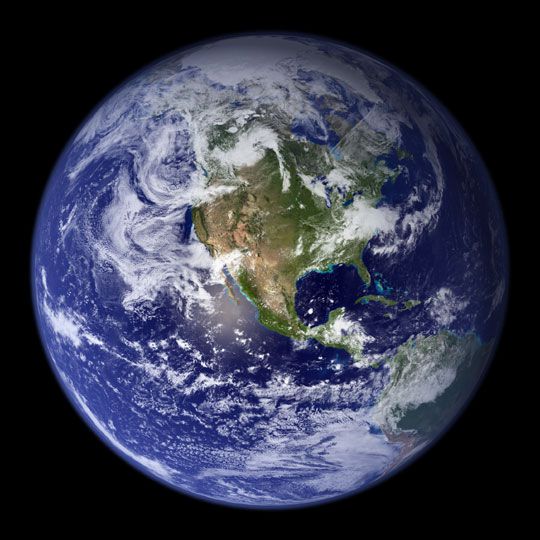 Life should carry more meaning than the facts would bear. Which facts were these: we occupied a tiny corner of the universe, minor planet orbiting a minor star, in an even tinier corner of cosmological time. Still we wanted all of it, the sun and the moon and the firmament that held them, to be about us. This want had been bred into humanity, selected by nature, so it must have served some purpose once, but it had long outlived its usefulness… What was needed now was to know.
Life should carry more meaning than the facts would bear. Which facts were these: we occupied a tiny corner of the universe, minor planet orbiting a minor star, in an even tinier corner of cosmological time. Still we wanted all of it, the sun and the moon and the firmament that held them, to be about us. This want had been bred into humanity, selected by nature, so it must have served some purpose once, but it had long outlived its usefulness… What was needed now was to know.
— Christopher Beha, The Index of Self-Destructive Acts: A Novel (Tin House Books, May 5, 2020)
Notes:
- Christopher Beha’s “The Index of Self-Destructive Acts: A Novel” is a finalist for the 2020 National Book Award
- Photo: NASA picture of earth (Smithsonian Magazine)
- Post Title & Inspiration: Aldous Huxley: “It’s dark because you are trying too hard. Lightly child, lightly. Learn to do everything lightly. Yes, feel lightly even though you’re feeling deeply. Just lightly let things happen and lightly cope with them.”


